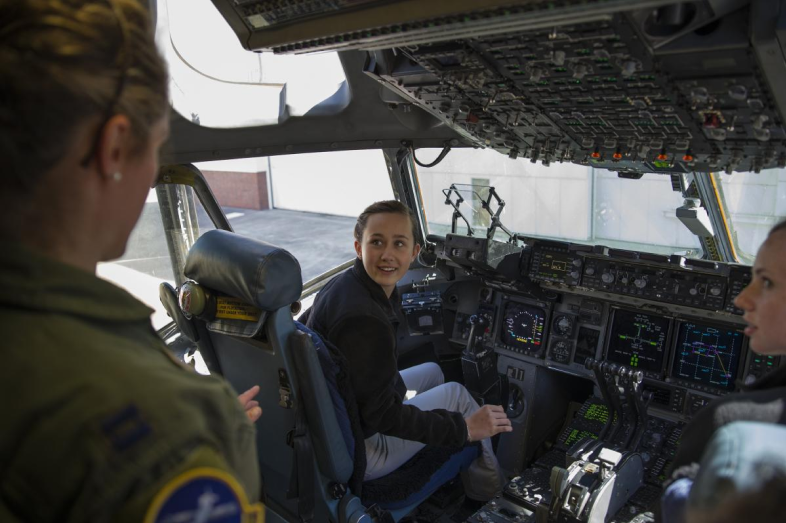

Kentucky Commissioner of Education Stephen Pruitt recently said his state is developing a system that “blurs the lines between career and technical education and what you might call traditional academia.”
And in Illinois, school districts like the one in Arlington Heights are “redefining our academic handbook around career pathways,” according to Lazaro Lopez, the associate superintendent of High School District 214.
The changes come after years of schools across the country emphasizing their efforts to graduate students who are “college and career ready” — with sometimes scant attention paid to the career side of that equation.
Pruitt and Lopez were part of a panel discussion, titled “Making Kids Career Ready,” at the Education Writers Association’s recent national conference in Washington, D.C.
Career Pathways
Lopez said educators in his district looked at “every single course, at how it fit within a specific pathway” as it sought to rethink its approach to preparing youths for careers.
And those that didn’t fit? Sometimes that meant “making decisions about whether those courses need to continue,” he said.
Lopez said the work in his district began in 2009 at Wheeling High School, located in a community with a large manufacturing base. The school worked with local manufacturers to create facilities and develop courses to support students entering fields like engineering or manufacturing, he said.
In Kentucky, Pruitt said the state invited career and technical education teachers and employers, as well as college faculty, to help develop its revamped accountability system under the federal Every Student Succeeds Act. (ESSA, bipartisan legislation signed by President Barack Obama in 2015, replaced the No Child Left Behind Act as the nation’s main federal K-12 law.)
“We are working with our employers to let them tell us what they need in the way of workers,” Pruitt said.
Also joining the discussion at the EWA panel were Maria Ferguson, the executive director of the Center on Education Policy at George Washington University, and Duy Linh Tu, a journalism professor from Columbia University. Tu has been documenting the aspirations of high school students around the country for the past few years.
‘Building Competencies’
A new report from Ferguson’s organization, “Building Competencies for Careers” makes the case, based on analysis of U.S. Department of Labor data, that students need to develop so-called “soft skills” to be ready for the jobs of the future. These include learning to communicate effectively and developing an academic mindset — a belief by students that they can grow and succeed through effort, and that their work has value.
Other key soft skills include taking an analytical approach to problem-solving, “learning how to learn,” and working collaboratively, the report states.
The analysis focused on the Labor Department’s O*NET database, which collects information from surveys of job holders and occupational experts. It asks them to rate which characteristics are most important for hundreds of jobs, ranging from relatively low-skill occupations to those that demand greater skill and experience.
Tu talked during the panel about his experiences visiting high schools, to learn more about students’ career aspirations.
“Some were more ethnically diverse than others,” he said. “Some were richer than others. Some were poorer than others.”
He offered video excerpts from a documentary he’s working on that included comments from two students.
One student, Justin, is a budding entrepreneur who wants to bring new businesses to his hometown. The other, Robert, spoke of his love of flying and his interest in aerospace engineering. He also talked of his dream of earning an ROTC scholarship to college and of his desire to become an Army officer.
Tu said that Justin’s school included mostly upper middle class students, while an estimated 90 percent of students at Robert’s school qualified for free and reduced-price lunches, a widely used marker for poverty.
“You can see the common denominator is not wealth or race,” Tu said.
He urged education reporters to look for career stories that focus on what happens before high school.
One question put to panelists: Can a renewed emphasis on career and technical education risk channeling kids too early into narrowly defined technical fields?
Pruitt said his state emphasizes career exploration in middle school, but encourages Kentucky students to pick a solid career pathway once they reach high school.
Lopez said his district also views middle school as a time of career exploration so that “by the time they graduate high school, they are more likely to know, or at least have a better idea, about what they want to do with the rest of their life.”


